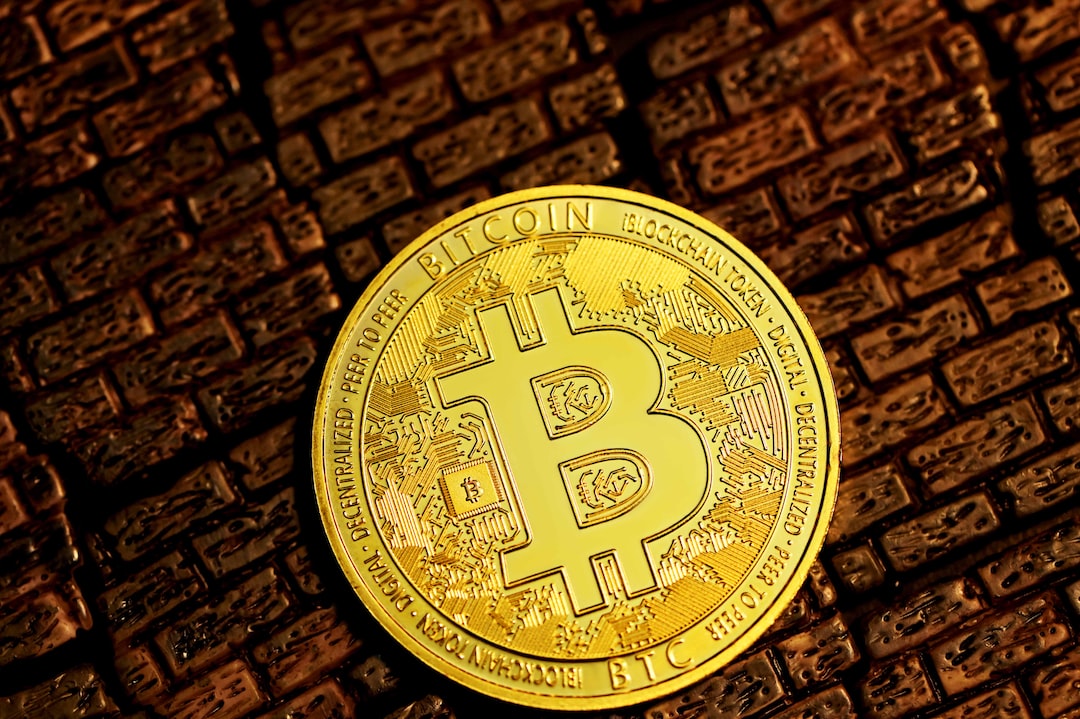The Concept of Unconfiscatable Property and Bitcoin’s Role in the Financial Landscape
Bitcoin has gained popularity not only as a decentralized digital currency but also for its unique property of being unconfiscatable. This article explores the concept of unconfiscatable property and how Bitcoin represents a paradigm shift in the financial landscape, allowing individuals to maintain ownership and control over their wealth outside the current system. However, before delving into the unconfiscatable nature of Bitcoin, it’s important to understand the limitations and vulnerabilities of the current centralized financial system.
The Current System
Traditional banking systems and fiat currencies are heavily centralized and controlled by governments and central banks. This centralization gives these institutions the power to seize or freeze assets, leading to property confiscation, capital controls, and a lack of financial privacy. Furthermore, inflation and currency devaluation can erode the value of your money over time, with individuals having little say in these monetary policies that significantly affect their financial well-being.
The Unconfiscatable Nature of Bitcoin
Bitcoin was designed to address many of these issues. At its core is a decentralized ledger called the blockchain, which makes it exceptionally resistant to confiscation. Here’s how Bitcoin achieves unconfiscatability:
- Decentralization: Bitcoin operates on a decentralized network of computers worldwide, with no single central authority that can dictate its rules or seize assets. Miners validate transactions and secure the blockchain, making it nearly impossible for any entity to control or confiscate Bitcoin.
- Ownership and Control: In the Bitcoin network, users have complete ownership and control of their digital assets. Private keys unique to each Bitcoin address are used to access and transfer funds. As long as you keep your private keys secure, no one can take your Bitcoin away from you.
- Borderless and Permissionless: Bitcoin is a borderless and permissionless system. You don’t need anyone’s approval to use it, and you can transact globally without restrictions. This means that even if your government imposes capital controls or freezes your traditional bank account, you can still access and move your Bitcoin.
- Resistance to Inflation: Bitcoin’s supply is capped at 21 million coins, and its issuance is governed by a predefined protocol. This scarcity makes it resistant to inflation and currency devaluation, providing a store of value and a hedge against economic instability.
- Pseudonymity: While Bitcoin transactions are recorded on a public ledger, the identities of participants are pseudonymous. Users are represented by alphanumeric addresses rather than personal information, offering a degree of financial privacy and security.
Challenging the Status Quo
Bitcoin’s unconfiscatable nature challenges the status quo of the financial system by empowering individuals with financial sovereignty. It allows them to protect their wealth from arbitrary confiscation and inflation, especially in regions where governments have a history of seizing assets or imposing capital controls. Additionally, institutional investors and corporations recognize Bitcoin’s potential as a hedge against currency devaluation and a store of value, leading them to invest billions of dollars in it.
Evolving Regulatory Challenges
Bitcoin’s unconfiscatable property offers numerous advantages but also poses challenges for regulators and governments. Some governments have sought to regulate or ban Bitcoin due to concerns about money laundering, tax evasion, and its potential to undermine traditional financial systems. However, enforcing such bans has proven difficult due to the decentralized and global nature of Bitcoin.
Conclusion
Bitcoin’s unconfiscatable property represents a revolutionary shift in how we perceive and manage wealth in the modern world. It provides individuals with a level of financial autonomy and control that is virtually unattainable within the current centralized financial system. While regulatory challenges persist, Bitcoin’s unconfiscatable nature demonstrates the power of decentralization and the potential for individuals to have a say in their financial future. It is a testament to the evolving concept of ownership and control over one’s wealth in the digital age, with Bitcoin leading the way.
Hot Take: Bitcoin’s Unconfiscatable Property Revolutionizes Financial Control
Bitcoin’s unconfiscatable nature challenges traditional financial systems by empowering individuals with unprecedented financial control. With its decentralized structure and resistance to confiscation, Bitcoin offers a new level of ownership and privacy in an increasingly centralized world. This revolutionary shift has caught the attention of institutional investors and corporations seeking protection against inflation and currency devaluation. While regulatory challenges persist, embracing Bitcoin and other cryptocurrencies can lead to a more transparent, efficient, and inclusive financial system. As governments grapple with this evolving landscape, they must strike a balance between protecting their citizens’ interests and fostering innovation in the financial sector. Bitcoin’s unconfiscatable property is paving the way for a new era of financial autonomy and control.





 By
By
 By
By

 By
By

 By
By